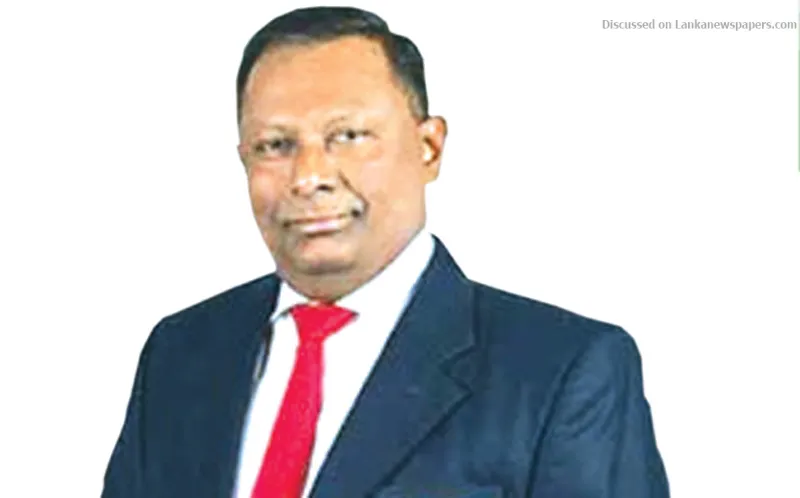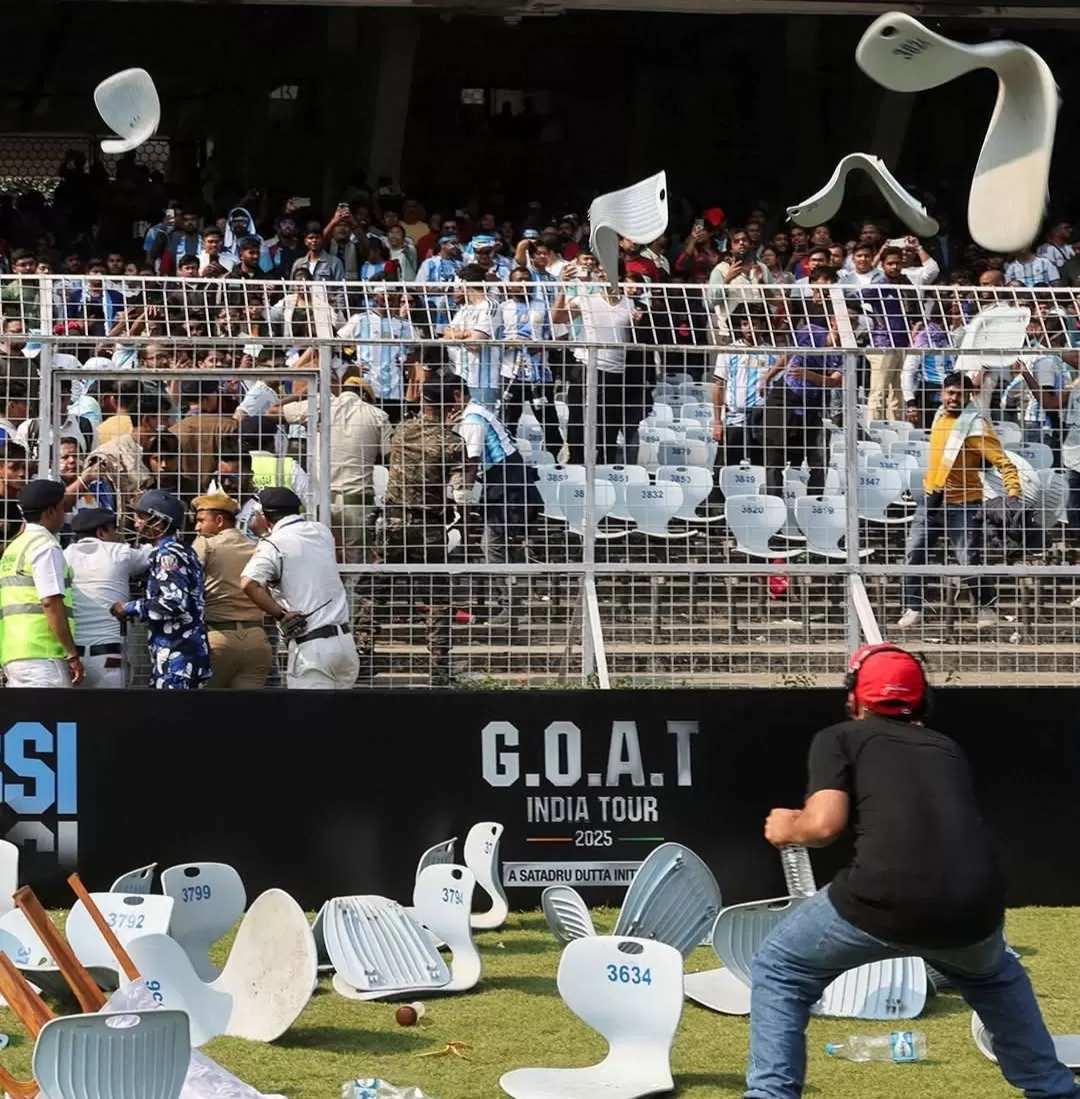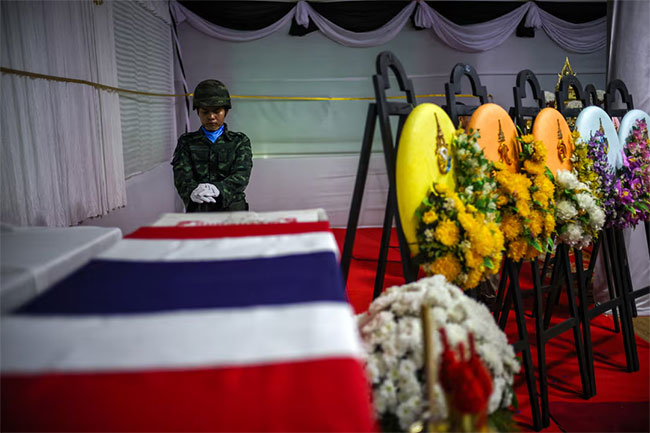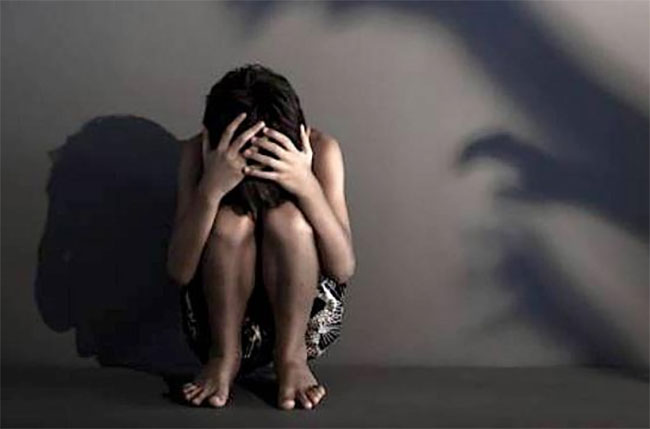
Sports
Following successful Commonwealth Games:
Popular News

Messi's event in kolkata became a mess
2025-12-14
Sports

36 major reservoirs across Sri Lanka continue to spill - Irrigation Dept
2025-12-13
General

Govt plans compensation or land allocation for people in landslide-hit areas
2025-12-13
Politics

Thailand vows to keep fighting Cambodia, despite Trump s ceasefire claim
2025-12-13
Politics

Ministry urges public to avoid sharing details of disaster-affected children
2025-12-13
General

